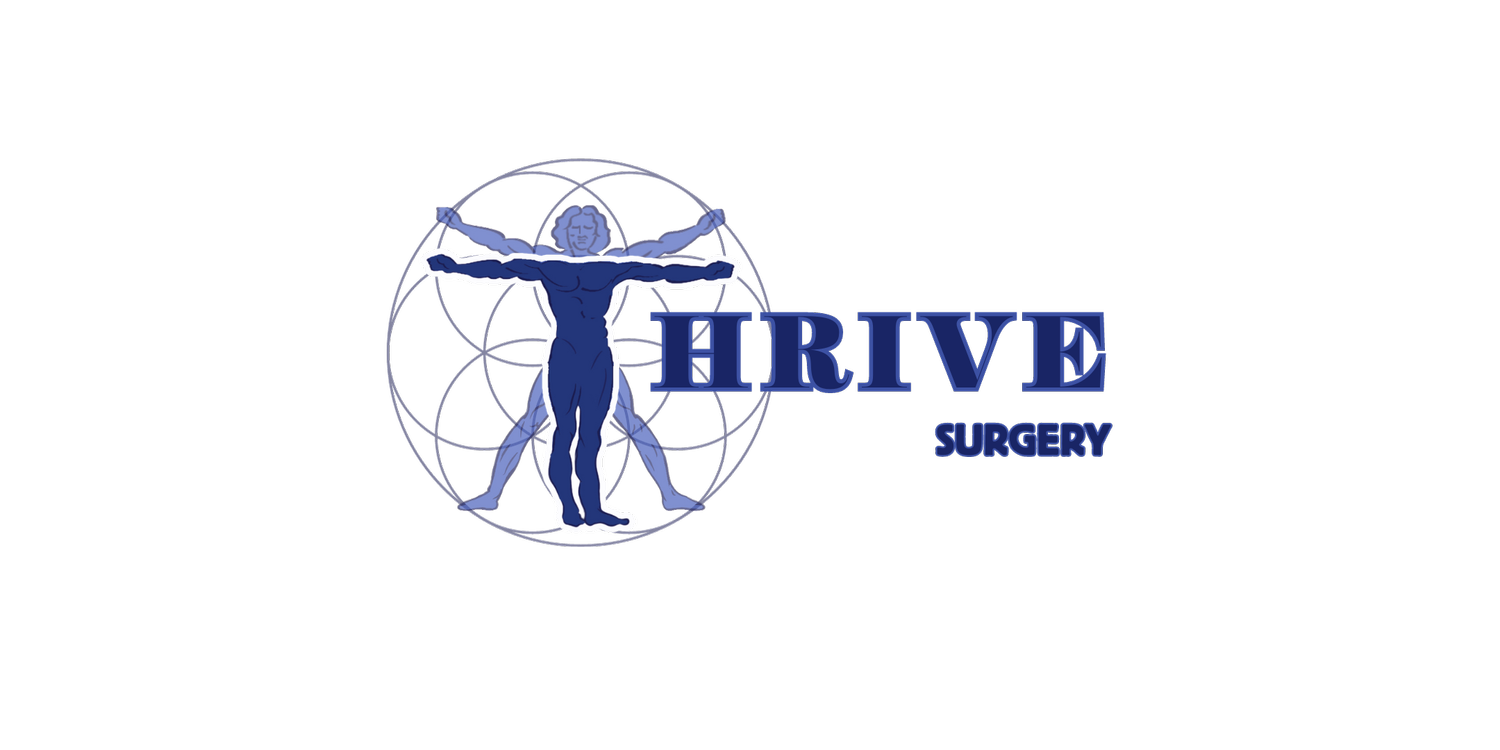A Comprehensive Analysis of Effectiveness and Long-Term Outcomes: Gastric Bypass vs. Sleeve Gastrectomy
Introduction
In the pursuit of sustainable weight loss and improved health, individuals often turn to surgical interventions like gastric bypass and sleeve gastrectomy. These procedures have gained popularity due to their effectiveness in promoting significant weight loss and addressing obesity-related comorbidities. In this article, we will delve into a comparative analysis of gastric bypass and sleeve gastrectomy, exploring their respective effectiveness and long-term outcomes.
Understanding Gastric Bypass
Gastric bypass, also known as Roux-en-Y gastric bypass, is a surgical procedure that involves creating a smaller stomach pouch and rerouting a portion of the small intestine. This leads to both restrictive and malabsorptive effects, limiting the amount of food intake and reducing the absorption of calories and nutrients. This dual mechanism contributes to significant weight loss.
Effectiveness of Gastric Bypass
Research indicates that gastric bypass is highly effective in achieving substantial weight loss. Patients often experience a rapid reduction in excess body weight within the first year post-surgery, with an average of 60-70% excess weight loss. Moreover, this procedure has been associated with improved metabolic health, resolution of type 2 diabetes, and amelioration of other obesity-related conditions.
Long-Term Outcomes of Gastric Bypass
While the short-term outcomes of gastric bypass are promising, it's crucial to assess its long-term effectiveness. Studies suggest that patients can maintain a significant portion of their weight loss over several years. However, long-term success is contingent on lifestyle modifications, including dietary changes and regular physical activity.
Potential drawbacks of gastric bypass include nutritional deficiencies and the risk of complications associated with malabsorption. Vitamin and mineral supplementation are often prescribed to mitigate these risks, emphasizing the importance of ongoing medical monitoring and support.
Understanding Sleeve Gastrectomy
Sleeve gastrectomy, also known as gastric sleeve surgery, involves removing a large portion of the stomach, leaving a sleeve-shaped tube. This procedure primarily relies on restriction, limiting the amount of food the stomach can hold. Unlike gastric bypass, sleeve gastrectomy does not involve rerouting the intestines, resulting in a lower risk of nutritional deficiencies.
Effectiveness of Sleeve Gastrectomy
Sleeve gastrectomy has emerged as a popular and effective bariatric procedure. Similar to gastric bypass, patients typically experience significant weight loss in the initial postoperative period. The average excess weight loss ranges from 50-60%, making it a compelling option for individuals seeking a less complex procedure with fewer potential long-term complications.
Long-Term Outcomes of Sleeve Gastrectomy
Studies examining the long-term outcomes of sleeve gastrectomy indicate sustained weight loss over several years. Patients often maintain a substantial portion of their excess weight loss, especially when complemented by positive lifestyle changes. The reduced risk of nutritional deficiencies is a notable advantage of sleeve gastrectomy, making it an attractive option for those concerned about potential complications associated with malabsorption.
However, it's essential to acknowledge that individual responses to surgery can vary, and the long-term success of sleeve gastrectomy is contingent on adherence to recommended lifestyle modifications, including a balanced diet and regular exercise.
Conclusion
In conclusion, both gastric bypass and sleeve gastrectomy are effective bariatric procedures with their unique advantages and considerations. Gastric bypass offers a dual mechanism of action, promoting weight loss through restriction and malabsorption, while sleeve gastrectomy primarily relies on restriction. Long-term success for both procedures is achievable through sustained lifestyle changes.
For residents in Haymarket and Warrenton, Virginia, seeking Gastric Bypass surgery, Dr. Elizabeth Alexandra Zubowicz provides specialized services. With a commitment to patient care and well-being, Dr. Zubowicz offers comprehensive consultations and personalized treatment plans, guiding individuals through their weight loss journey.
It's important for individuals considering bariatric surgery to consult with experienced professionals like Dr. Zubowicz to determine the most suitable option based on their unique health profile and goals. As with any medical procedure, informed decision-making and ongoing support contribute significantly to the effectiveness and long-term success of these interventions.


